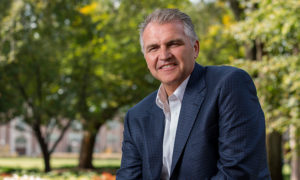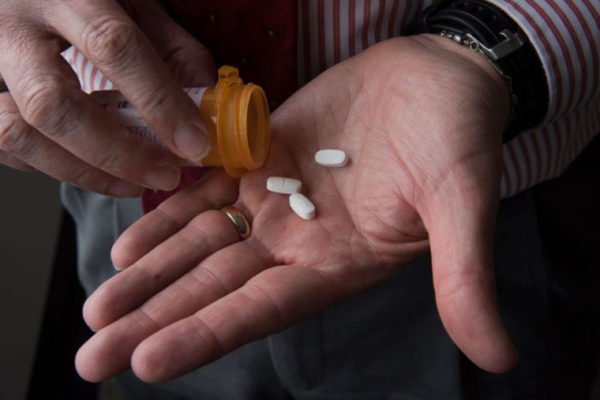The Community Academic Partnership on Addiction (CAPA) Clinic, a partnership between the Brown School and Preferred Family Healthcare (PFH), was able to increase treatment completion rates by 11% over a six-month time period.
“This is excellent work and very strong findings,” said Mary McKay, the Neidorff Family and Centene Corporation Dean of the Brown School at Washington University in St. Louis. “This is great news for all the people involved in this important work and especially for individuals seeking substance use disorder treatment with our partner organization, Preferred Family Healthcare.”

CAPA is embedded in a PFH facility that offers medical detoxification along with residential and outpatient behavioral health services. It has a full clinical staff of therapists, counselors, community support and peer specialists along with a medical doctor, two nurse practitioners and about a dozen nurses.
The partnership added social work student interns working toward their master’s and doctoral degrees with an interest in careers in addiction-related services.
“Because successful addiction treatment completion is such an important health outcome, we at the clinic began focusing our attention toward improving the clinic’s treatment completion rates,” said David Patterson Silver Wolf, associate professor at the Brown School and director of CAPA.
This first-of-its-kind addiction-focused community-academic collaboration offers many opportunities for teaching, learning and research, Patterson Silver Wolf said.
“It is well-known that while there is a science of addiction, there is virtually no science of recovery,” he said. “Developing and transferring this new science throughout the addiction treatment industry is vital especially during the current opioid epidemic facing our country and the next one that is certain to come.”
“This is very promising,” said Cori Putz, executive vice president of Preferred Family Healthcare. “The CAPA Clinic serves a very high-need population. These outcome data show we can use innovative ideas to improve outcomes for individuals presenting with multifaceted health conditions.”
CAPA uses an addiction treatment platform called Takoda, which was co-founded by Patterson Silver Wolf.
“The goal of the clinical dashboard and soon-to-be-released suite of mobile applications developed by Takoda is to bring usable recovery performance data to front-line professionals so that they are able to leverage their clinical services more effectively,” Patterson Silver Wolf said.


